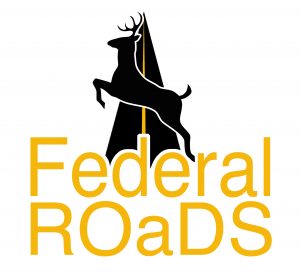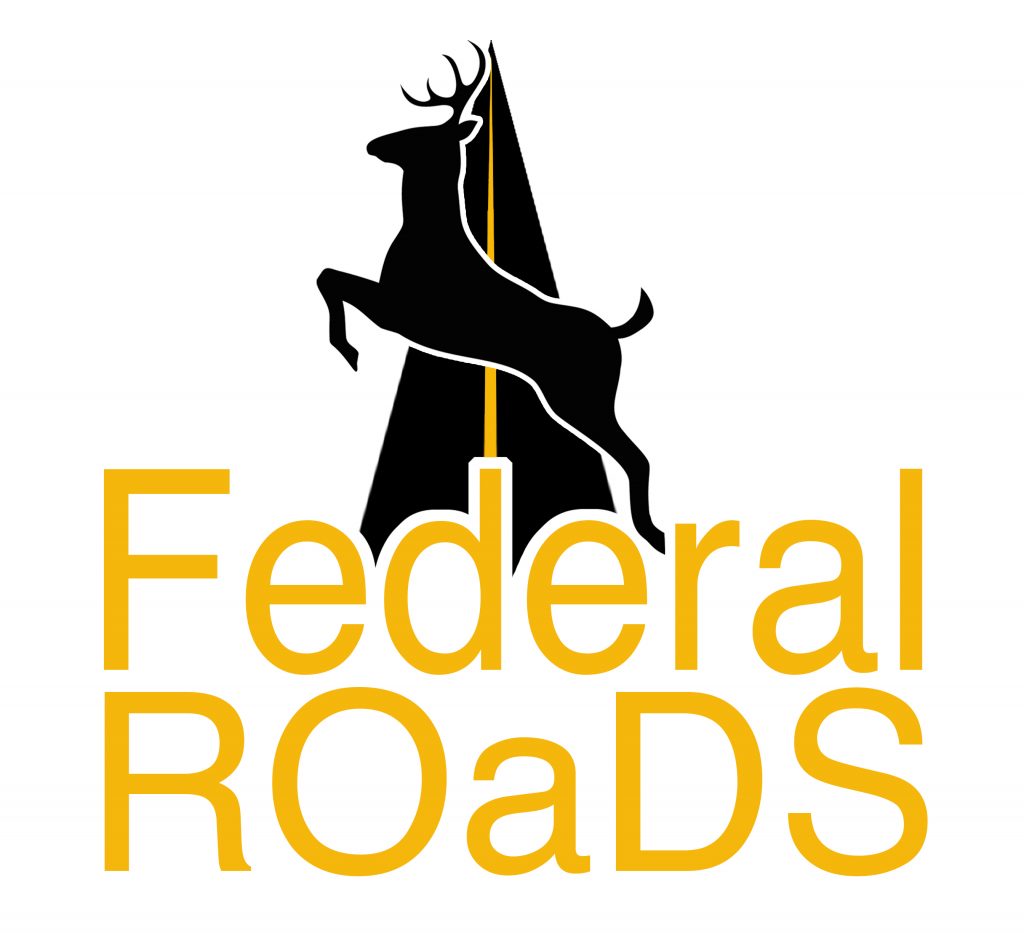 The WTI Road Ecology program, in partnership with the MSU Gianforte School of Computing, has completed a second phase of research on a system to simplify how wildlife vehicle collision (WVC) data is collected and shared among federal agencies.
The WTI Road Ecology program, in partnership with the MSU Gianforte School of Computing, has completed a second phase of research on a system to simplify how wildlife vehicle collision (WVC) data is collected and shared among federal agencies.
The research program is sponsored by the National Center for Rural Road Safety, the National Park Service (NPS) and US Fish and Wildlife Service (USFWS) – the federal agencies want to develop and coordinate the use of a WVC Data Collection System with other federal land management agencies, state and local agencies, and other organizations. During Phase 1, Road Ecology researchers Rob Ament, Matthew Bell, and Kelley Hall, collaborating with MSU Computer Science professor Mike Wittie, developed a pilot WVC system called ROaDS – Roadkill Observation and Data System. It collects WVC roadkill observations and is available to all Department of Interior (DOI) agencies and bureaus.
During Phase 2, the research team developed recommendations for preliminary national standards for WVC data collection systems, which will promote collection and sharing of consistent data among agencies and partners. The team also made recommendations to modify the ROaDS survey (used for data collection) so it is shorter, easier to use, and more efficient. As part of the development process, team members determined that ROaDS can provide a valuable research function – it captures the observer’s route, how long it took to complete the route and each individual observation made while on that route. Phase 2 also included outreach activities, in which team members began to engage other agencies and organizations to jointly develop national standards for WVC data collection systems via meetings, presentations, and workshops at national conferences that will be continued in Phase 3.
The Federal Lands Wildlife-Vehicle Collision Data Coordination Project Phase 2 report is available on the WTI website. A new poster, which displays highlights from Phases 1 and 2 and proposed activities for Phase 3, is also available at the WVC Data Coordination Project Phase 2 webpage.

